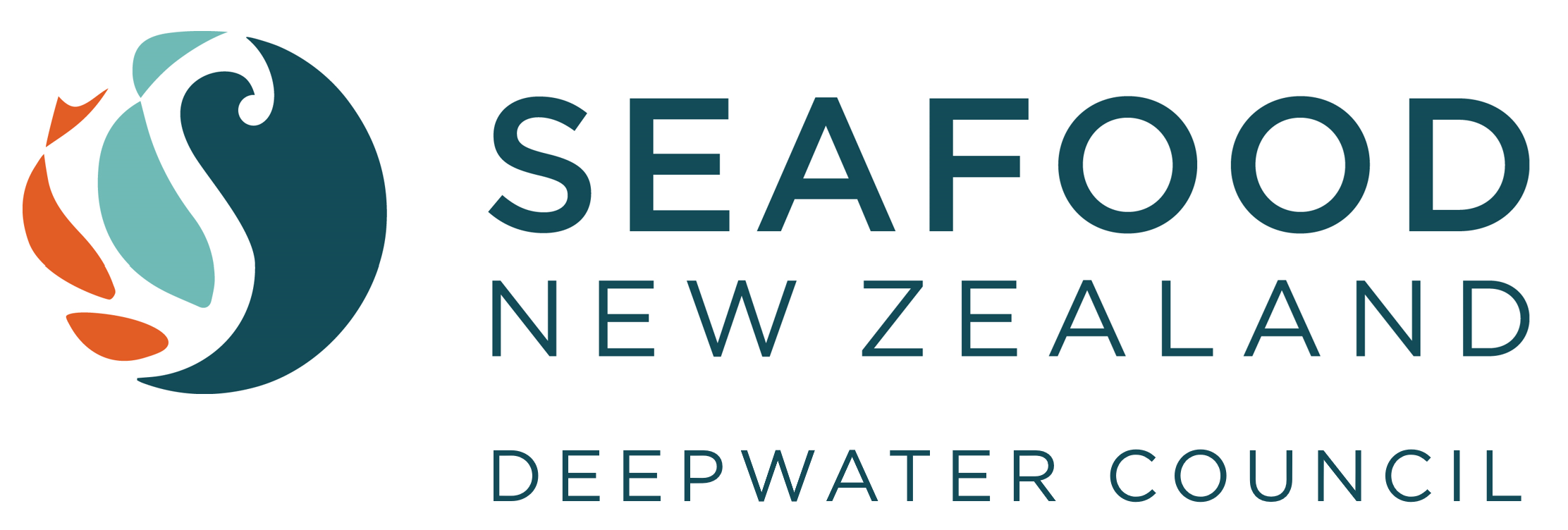30 July, 2010
Environmental lobby group Greenpeace has once again relied on “green herrings” in its latest attack on New Zealand’s reputation, says Deepwater Group chief executive George Clement.
The New Zealand seafood industry, which last year contributed about $1.4 billion to the country’s economy is renowned throughout the world as leading the way in sustainable fisheries management.
Greenpeace’s suggestion that New Zealand-caught fish is no longer considered sustainable is unsubstantiated and not supported by either the science or the demand in the marketplace, Mr Clement said.
He said Greenpeace had long relied on emotive posturing and “green herrings” to push its negative message about New Zealand seafood.
“We don’t have that luxury. The sustainability of New Zealand’s fisheries is too important for us to deal in anything but the best available science.”
Significant international studies rate New Zealand’s fisheries management systems as best in the world for sustainability (Worm et al, 2009) (Alder, 2010).
“Demand for New Zealand-caught orange roughy remains high because of our internationally recognised reputation for exceptional fisheries management and that is rightfully borne out by the science.”
“Their claims of devastation of the environment do not align with the facts. For example, less than 8 per cent of our entire exclusive economic zone has ever been bottom trawled. By any scientific measure, that’s a negligible impact on New Zealand’s marine biodiversity.”
References
Worm, B. et al (2009). Rebuilding Global Fisheries. Science, 325 (5940) 578-585.
Background
Information from NIWA on the geographic distribution of species of New Zealand fish can be found here.
ENDS
